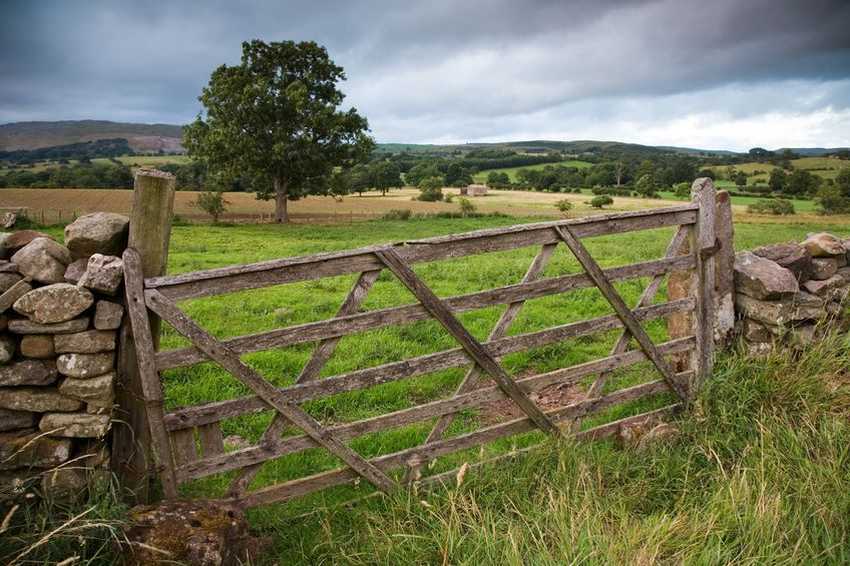
Tenant farmers in England could end up being 'locked out' of the post-Brexit 'public money for public goods' schemes, the Tenant Farmers Association has warned.
Defra is planning to relaunch its consultation on plans for a new Environmental Land Management (ELM) scheme over the next few days.
ELM is the new way in which the government intends to reward farmers for the work they do in managing the environment, landscapes and animal welfare.
At the same time, the Agriculture Bill, providing the underpinning legislation for the new scheme, will be progressing through its stages in the House of Lords.
But the TFA has now warned that some tenant farmers in England could face 'difficulty' in accessing such post-Brexit schemes.
“This is especially where they are occupying under long-standing agreements with restrictive clauses, preventing them accessing schemes without their landlords’ consent," said George Dunn, TFA chief executive.
New arrangements are to be introduced within the Agriculture Bill to prevent landlords from denying consent on an unreasonable basis.
However, no such protection is to be afforded to tenants occupying under more recent Farm Business Tenancies (FBTs), the TFA explained.
"FBTs are often very short term and contain extremely restrictive terms," Mr Dunn explained, "Even though nearly half the tenanted farmland in England is let under these newer arrangements, the government is resisting the need for legislative protection.”
It comes as an amendment to the Agriculture Bill seeking to strengthen FBT arrangements was voted down by the government in its Committee Stage in the House of Commons.
Despite this, an amendment has also been tabled for the Committee Stage of the Bill in the House of Lords, and the TFA is now encouraging the government to accept it.
“Tenant farmers want to play their full part in schemes which enhance the environment, landscapes and animal welfare," Mr Dunn said, adding that there was 'no reason' why they should be 'locked out' from schemes.
"There is also no reason why the government should reject the amendment to the Agriculture Bill, which serves only to ensure maximum levels of participation and that no one is excluded,” added Mr Dunn.
